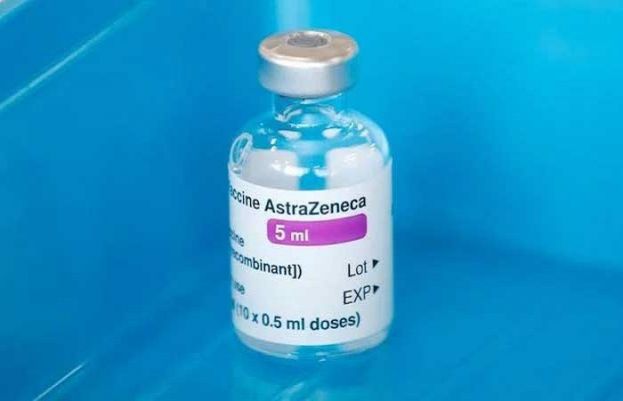
According to a statement from the Commission, the country will receive "17 million doses of the vaccine before April".
Thereafter, "before June", Pakistan will receive an "additional 10 million doses", said the statement.
With the vaccine, more than eight million people will receive protection from coronavirus, it added.
The chief of the National Command and Operation Centre (NCOC), Asad Umar, had earlier broke the good news that COVAX has indicated a supply of up to 17 million doses of the AstraZeneca coronavirus vaccine for Pakistan in the first half of 2021.
"Good news on COVID vaccine front. Received a letter from COVAX of [an] indicative supply of up to 17 million doses of AstraZeneca in 1st half 2021," Umar wrote on Twitter.
According to the planning minister, six million of the total 17 million doses will be received by March with delivery starting in February. He did not specify any dates.
COVAX confirms distribution to Pakistan
Soon after, the COVAX programme for COVID-19 vaccines announced a list of countries it will be distributing doses to, with Pakistan to get 17.2 million doses.
The initiative has planned enough doses for dozens of countries to immunise more than 3% of their populations by mid-year.
A statement said the initial distribution was in line with a target "to protect the most vulnerable groups such as health care workers" in the first half of the year.
How the AstraZeneca vaccine works
The Oxford-AstraZeneca vaccine is made from a weakened version of a common cold virus, known as adenovirus, from chimpanzees, and has been modified to look more like the coronavirus — although it cannot cause the illness.
When the vaccine is injected into a human body, it prompts the immune system to make antibodies and trains it to attack any coronavirus infection.
The vaccine requires two doses to be administered.
The jab has been found to be 76% effective against the original coronavirus after the first dose. Research shows that when a second dose is given after 12 weeks or more, the efficacy rises to 82%.
The Oxford-AstraZeneca vaccine is more suitable for developing countries as it can be stored in a normal fridge for six months, making it much easier to distribute. It is also cheaper to make.
It was first approved for emergency use by the United Kingdom government.
from latest-news - SUCH TV https://ift.tt/3bb3RFg

0 Comments